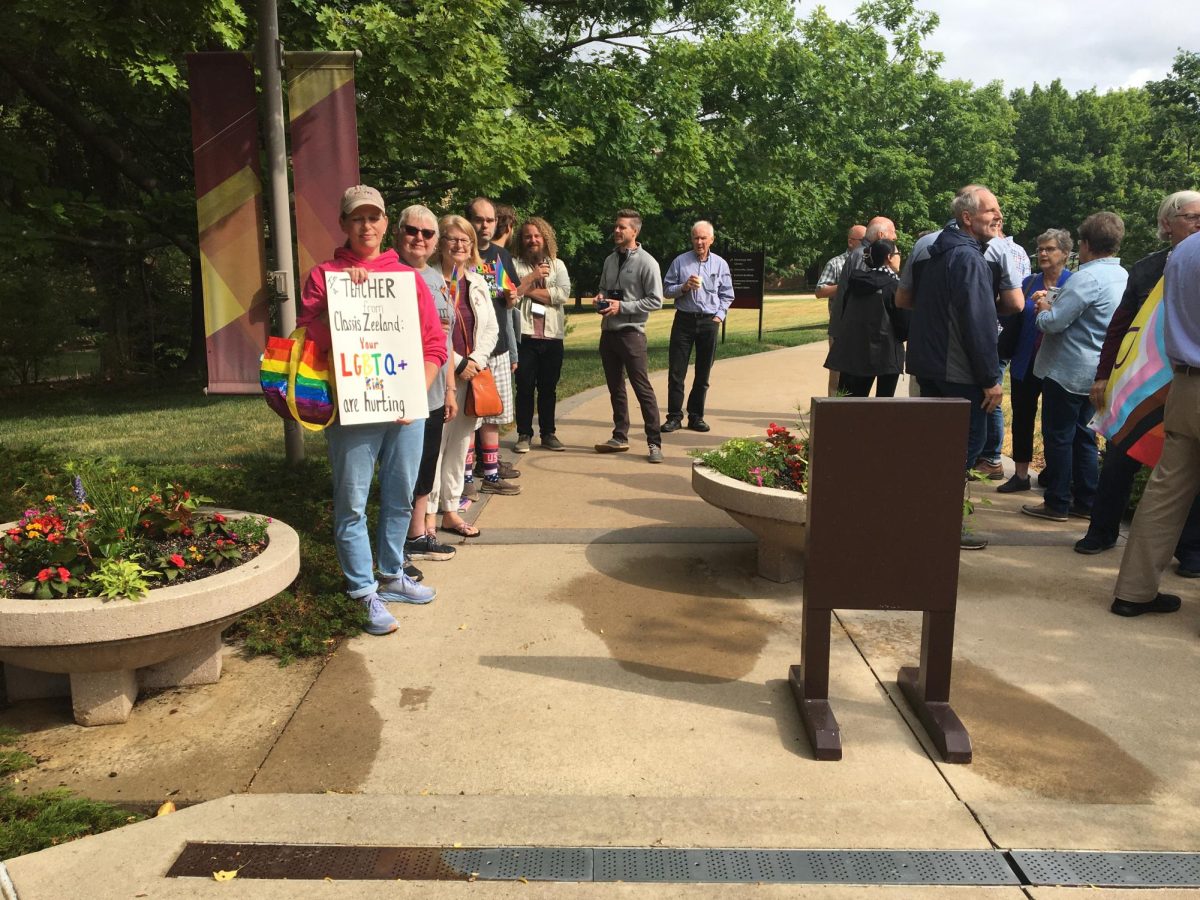Last week, a precedent was set in Malaysia concerning religious freedom. Rooney Rebit, a Christian baptized in 1999, defended his belief in Jesus as a fundamental human right and the High Court agreed, saying, “He is free to exercise his right of freedom to religion, and he chose Christianity.” This verdict stands in affirmation with Article 11 of Malaysia’s constitution that guarantees the right to religious freedom.
Rebit was born into a Christian family, but his parents converted to Islam when he was eight-years-old. At 24, Rebit returned to Christianity and was baptized. The judge, Yew Ken Jie, stated that since Rebit was underage when his family converted to Islam, he could not be officially considered a professing Muslim. However, since Rebit, at the age of 24 was mature enough to make his own conscious decision, Yew ruled that he could be officially declared a Christian.
With two parallel legal systems, Muslim authorities challenging verdicts by secular courts in Shari’ah tribunals have often complicated cases of conversion in Malaysia. However, Rebit’s case did not fit under the jurisdiction of the Shari’ah court because Rebit was not challenging his conversion to Islam. Rather, Rebit was asking to be released from the Mulsim faith by the Sarawak Islamic Religious Department and Sarawak Islamic Council. Rebit was also appealing to the court to have the National Registration Department change his name and religion on his records and identification card.
Yew said of the case, that “He does not need a Shari‘ah court order to release him from Islam, because freedom of religion is his constitutional right, and only he can exercise that right. His conversion to the Muslim faith was not of his own volition, but by virtue of his parents’ conversion when he was a minor. He is not challenging the validity of his conversion as a minor. But having become a major, he is free to exercise his right of freedom to religion and he chose Christianity. The National Registration Department had not acted fairly towards the applicant by insisting on a letter of release and order from the Sharia Court.”
Both The Association of Churches in Sarawak and the Sisters in Islam have publicly supported the ruling on Rebit’s case. Sisters in Islam is a group focused on promoting democratic and universal human rights in the framework of Islam. The organization said in statement, “As such, it is our duty to honor these rights equally and fairly, without regard to race or religion. Where our legal system provides for the right of conversion, it should not be the case that in reality the practice of these rights are denied, or made nearly impossible, to certain religions or races. Acting in the interest of our country and its people does not conflict with the principles of Islam as Islam is a religion of compassion and tolerance,” the statement went on. “Faith cannot be imposed through enforcement. Instead, faith is contingent upon free will. Islam itself means submission to the will of God–not the will of men.”






